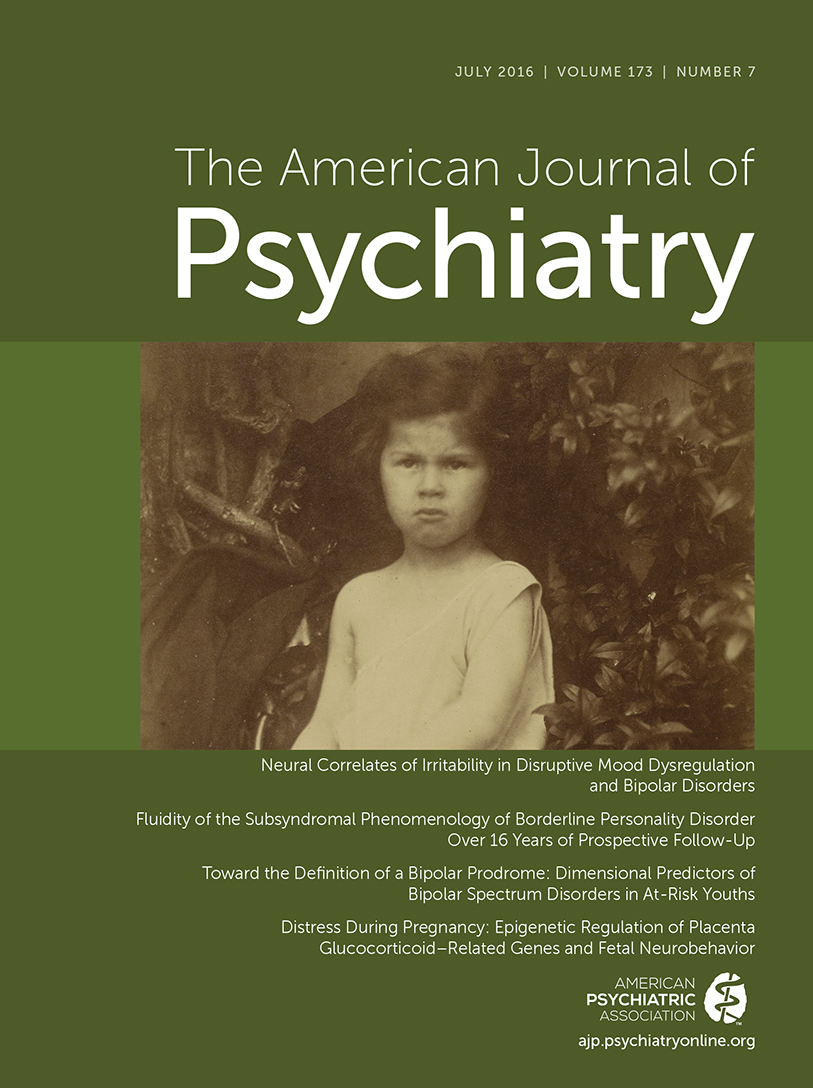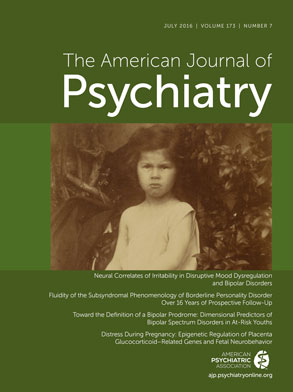Dr. Renee Binder was born in Brooklyn, New York, and raised in the midst of the energy and ferment of its schools and streets. Her father was a cantor and a music teacher, and her mother, from a small town north of Boston, was a guidance counselor in the New York City public schools.
Renee attended Barnard College, where she studied art history in addition to her premedical studies. She moved cross-country, attending medical school at the University of California at San Francisco and then completing her psychiatry residency at Mount Zion Hospital in San Francisco.
She next returned to UCSF and Langley Porter, where, in a tour de force that would foreshadow her future career, she simultaneously directed three acute clinical services: emergency, inpatient, and rape crisis. She began her academic rise by writing about the complications of inpatient care: medical-psychiatric comorbidity, boundary violations, and, over time, violence and legal issues in psychiatric care. While being immersed in these clinical settings, she developed a focus on psychiatry and the law, which has been at the heart and soul of her academic and professional work ever since. She founded the Psychiatry and Law Program at UCSF, building one of the premiere academic forensic programs, which has produced academic leaders and practitioners throughout the United States.
As Renee rose in the academic ranks, she also began her service to the American Psychiatric Association, first as a Falk Fellow and later as an Assembly representative from California. This was followed by the Presidencies of the California Psychiatric Association and of the American Academy of Psychiatry and the Law. In parallel with her leadership in forensic psychiatry, her understanding of the need for effective advocacy led her to serve as an APA congressional fellow in the office of Senator Joe Lieberman. She became Associate Dean for Academic Affairs in the School of Medicine and then also assumed the leadership of the UCSF Department of Psychiatry and was ultimately named a Distinguished Professor.
In the midst of all this, she never wavered in her focus on her family and her wonderful children Michelle and David. Michelle, a neurologist in Northern California, notes her mom’s calm, even in the midst of dealing with teenage children, as well as intense devotion to her grandchildren, and a special pleasure in shopping. David, a singer-songwriter and an entertainment lawyer in Southern California, recalls how his mom always encouraged and supported her children’s highest aspirations, as well as the pursuit of their dreams. If they wanted something, she would always tell them to go for it. Her husband Mardi, a distinguished psychiatrist and academic in his own right, has always been proud of Renee’s capacity to tolerate opposing viewpoints and, given her judicial temperament, come to a synthesis in a calm and deliberate way.
And now we celebrate how all of Renee’s preparation, work, and idealism have come together during her term as President of the APA. Her research on the relationship between violence and mental illness and on decreasing the criminalization of persons who suffer from mental illness has served as a touchstone for her Presidency. From the APA Board’s tour of the San Quentin State Prison, to the completion of the position statement on assisted outpatient commitment, to her tireless efforts to successfully launch the first-ever APA awards dinner focused on ending incarceration of those with mental illness, Renee Binder has brought all the skills of a lifetime of academic and advocacy leadership to bear during her Presidency. Watching her close up, one sees all those things that her family describes, her calm, her steel, her determination, and her support—particularly for younger psychiatrists whom she has always found a way to advance and mentor. A devoted leader, a powerful advocate, and a strong voice for justice and humane care for those who suffer in the shadows—I am honored to present to you Dr. Renee Binder, the 142nd President of the American Psychiatric Association.

